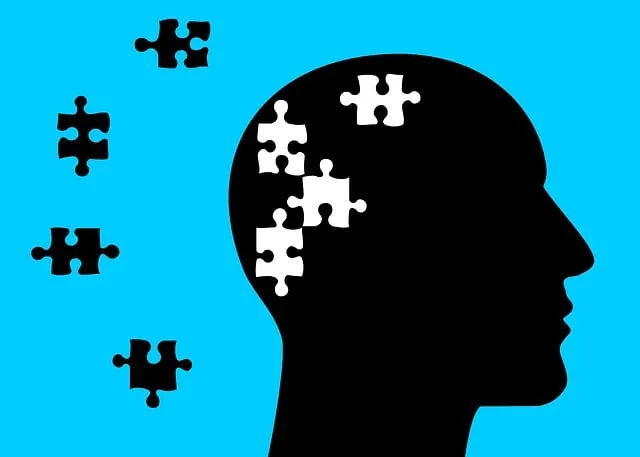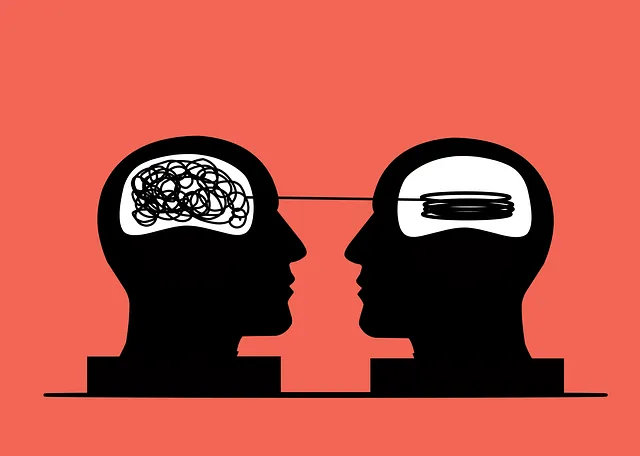Media portrayal significantly influences public understanding of mental health, often leading to stigmatization or oversimplification. Organizations like Kaiser in Colorado Springs combat this by advocating for accurate, empathetic media coverage and offering diverse mental health services. They incorporate cultural competency training and initiatives like Mindfulness Meditation, reducing stigma and empowering individuals through self-care routines. Community engagement, including educational workshops and personal story sharing, further challenges mental illness stigmas. By integrating accessible services into the local fabric, Kaiser contributes to a more supportive environment for those seeking help with their mental health in Colorado Springs, clarifying questions about their offerings.
Mental illness representation in media significantly shapes public perceptions and impacts individuals’ willingness to seek help. This article explores the challenge of inaccurate portrayals and proposes solutions, focusing on Kaiser’s initiatives in Colorado Springs, known for its comprehensive mental health services. We delve into strategies for creating empathetic narratives and emphasize community engagement as a powerful tool to combat stigma. By examining these approaches, we aim to foster understanding and encourage accurate representation of mental illness in media, ultimately improving support systems for those in need, including those utilizing Kaiser’s services in Colorado Springs.
- Understanding the Impact of Media Portrayal on Mental Health Perception
- Exploring Kaiser's Role in Promoting Mental Wellness in Colorado Springs
- Strategies for Accurate and Empathetic Mental Illness Representation in Media
- Community Engagement: A Key to Challenging Stigmatized Narratives Around Mental Health
Understanding the Impact of Media Portrayal on Mental Health Perception

Media portrayal plays a significant role in shaping public understanding and perceptions about mental health. The way mental illness is depicted in movies, TV shows, and news articles can influence how society views individuals struggling with these conditions. Often, media representations oversimplify or stigmatize mental health issues, leading to misconceptions among the general population. This perception can impact how people affected by mental illness are treated, affecting their access to support systems and healthcare services, such as those offered by providers like Kaiser in Colorado Springs.
For instance, negative stereotypes portrayed in the media may discourage individuals from seeking help, as they fear judgment or believe that their symptoms are not valid. On the other hand, accurate and empathetic media coverage can foster a more compassionate society, encouraging open conversations about mental health and promoting understanding of diverse experiences. By incorporating Mind Over Matter principles and providing Healthcare Provider Cultural Competency Training, organizations like Kaiser in Colorado Springs can contribute to changing these narratives, ensuring that individuals receive the care and respect they deserve while navigating their mental health journeys.
Exploring Kaiser's Role in Promoting Mental Wellness in Colorado Springs

In Colorado Springs, Kaiser has emerged as a prominent healthcare provider, playing a significant role in promoting mental wellness within the community. The organization offers a comprehensive suite of mental health services designed to cater to diverse needs. From routine check-ins and counseling sessions to specialized programs for managing chronic conditions, Kaiser provides a safe space for individuals seeking support for their mental well-being. One notable aspect is their commitment to accessible care, ensuring that residents have easy access to professionals who can guide them through various therapeutic approaches.
Beyond traditional treatment methods, Kaiser incorporates initiatives like Mindfulness Meditation and Crisis Intervention Guidance into its programs. These strategies empower individuals with self-care routines for better mental health management. By fostering a culture of open dialogue and providing practical tools, Kaiser contributes to reducing the stigma surrounding mental illness, encouraging early intervention, and promoting long-term recovery in Colorado Springs.
Strategies for Accurate and Empathetic Mental Illness Representation in Media

Media has a significant impact on shaping public perception, and accurate representation of mental illness is crucial for fostering understanding and reducing stigma. When portraying individuals with mental health conditions, media should aim for authenticity and empathy. This involves consulting with experts, including healthcare professionals and people living with these illnesses, to ensure the portrayal aligns with real-life experiences. Depicting characters on their journey towards recovery, managing symptoms, or advocating for support can be powerful tools in public awareness campaigns development.
Incorporating these strategies, along with promoting mood management techniques and implementing mental health education programs, can contribute to a more nuanced understanding of mental illness. For instance, showcasing diverse narratives from Colorado Springs, where Kaiser offers comprehensive mental health services, can provide valuable insights into the range of experiences individuals may have. By doing so, media can play a pivotal role in educating audiences while challenging stereotypes and encouraging support for those facing mental health challenges.
Community Engagement: A Key to Challenging Stigmatized Narratives Around Mental Health

Community engagement plays a pivotal role in challenging and reshaping narratives surrounding mental illness, with cities like Colorado Springs benefitting from initiatives led by organizations like Kaiser. By fostering open dialogues and involving diverse communities, mental health service providers can effectively combat the stigma associated with mental wellness issues. This strategy involves hosting educational workshops, sharing personal stories, and implementing Mental Illness Stigma Reduction Efforts tailored to local needs.
In this context, Mental Wellness Coaching Programs Development has emerged as a powerful tool. These programs empower individuals to take charge of their mental health while also providing support systems within the community. Through Communication Strategies that prioritize empathy and understanding, Colorado Springs residents can contribute to a more accepting environment for those facing mental illness. Such collaborative efforts not only encourage help-seeking behaviors but also ensure that services like those offered by Kaiser in Colorado Springs are accessible and well-integrated into the social fabric of the city.
Media representation plays a pivotal role in shaping public perception of mental illness. By adopting strategies that promote accurate and empathetic portrayals, we can foster a more understanding society. Kaiser’s initiatives in Colorado Springs highlight the power of community engagement in challenging stigmatized narratives around mental health. Understanding the impact of media and implementing these strategies are essential steps towards normalizing conversations about mental wellness, ensuring individuals receive the support they need without fear of judgment or misconception. In light of these efforts, including Kaiser’s provision of mental health services in Colorado Springs, we can collectively work towards a future where mental illness is met with compassion and informed understanding.






